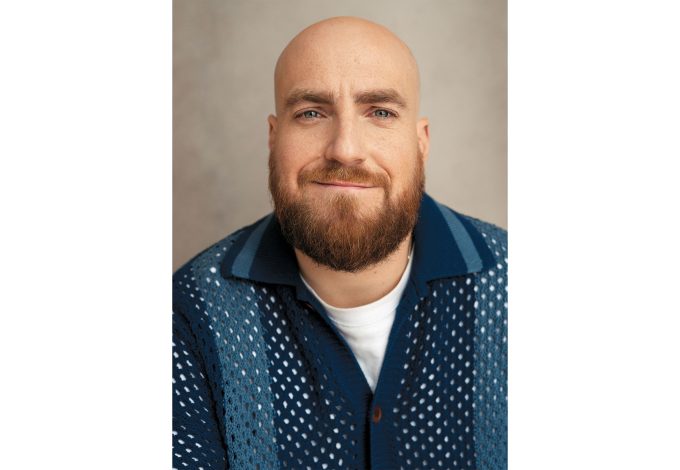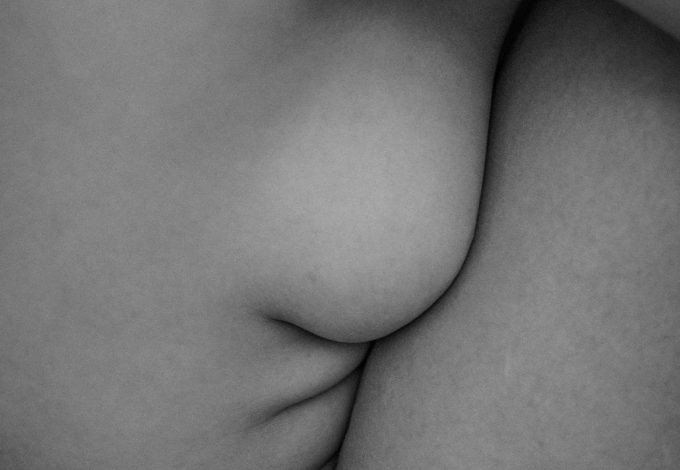Passing on values, traditions, and ideas is at the heart of parenting—from the moment our children are born, and even before. It’s often a natural blend of our own life experiences, learnings, and hopes. But when we take time to reflect, we can be more intentional about what we choose to pass on to our children. Lory Zephyr, psychologist, and Jessika Brazeau, journalist—co-founders of Ça va maman—help shed light on this important topic.
Hello Lory, hello Jessika. Some people have children because they want to pass something down to them. We imagine skiing as a family or recreating grandma’s recipe. These dreams can be a driving force behind starting a family. Is that a trap, or rather a helpful guide?
Lory Zephyr: “To embark on the parenting journey, you do need a bit of that vision. It’s not ‘wrong’ to picture yourself in those scenarios, but the question becomes: if things don’t turn out the way you imagined, can you adapt? If I thought we’d be a family of skiers, but it turns out I’m the only one who enjoys it, do I keep forcing everyone onto the slopes winter after winter, or do I accept that maybe our shared passion is music instead? Sometimes we have to let go of the scenario we imagined in order to embrace the reality. We gave it a try, it didn’t work, so we move on.”
As parents, is it inevitable that we compare ourselves to our own parents?
Jessika Brazeau: “I think so! My family is the society I internalized. So yes, I’ll compare what I give, and what I don’t give, to what I received.”
L. Z.: “That said, comparing isn’t a bad thing, and it would be almost impossible as human beings not to do it. Comparison can bring insight, but we have to be mindful of the mindset it puts us in. Am I always comparing to make myself feel less competent, or even superior? Feeling inferior or superior won’t help us grow as parents. We need to draw nuanced lessons from these comparisons.”
And becoming a better parent, or a better mother, for our child. For each of our children. Every child has different needs; we can’t be the same parent to all of them!
L. Z.: “That’s actually the foundation of attachment theory—adjusting to the child in front of us, not the ideal child we wished for. There can be disappointment, even grief, when we realize our child doesn’t have the traits we had hoped for. But ultimately, it’s our job as parents to adapt to our children. If my first child is calm, patient, and gentle, and the second is hyperactive and driven, I have to learn how to meet each of their different needs and wishes without comparing them. It’d be easier if kids were alike, but they rarely are.”
J. B.: “I often blame myself for how my kids react. But I’m the same mom to all of them, and they still react differently to the same situation. Lory always reminds me that each child has their own personality—and that in any reaction, part of it is me, but part of it is them too!”
As parents, are we really able to break away from the parts of our own upbringing that we didn’t like?
J. B.: “Probably, but only if we’ve taken time to sort through our own past. When I’m triggered, the first thing that comes out is usually a repetition of what I saw or experienced when I was younger. So there’s a big process of unlearning involved.”
L. Z.: “I think there’s just as much pressure, whether you want to reproduce or avoid certain behaviours. Some people had traumatic childhoods, but others say, ‘My mom was perfect.’ And thinking your mother was perfect can create unrealistic expectations for yourself. We need to step back and recognize, ‘I am me, and my child is their own person.’ We have to find our own balance. We can’t blindly try to replicate—or avoid replicating—our parents’ ways. I’m not my parent, and my child is not me as a child. That perspective gives us flexibility in discovering who we are as parents.”
J. B.: “I had a particular dynamic with my own mother, and I was afraid her reactions, which sometimes still affect me, would impact my children the same way. But they don’t! I was trying to protect them, but I’ve learned to see things differently.”
How can we ensure coherence between what we model for our children and what we want to pass on?
L. Z.: “If I want to pass something on to my child but behave in the opposite way, that creates pressure for the child to become someone I’m not! But life also involves dealing with contradictions. For instance, if I’m disrespectful to my partner once—but respectful the vast majority of the time—my child will still understand the value of respect. Kids are smart. They can make sense of context.”
J. B.: “It’s also important to show reconciliation. Sometimes kids witness a parental argument, but not the moment when they make up later. Showing that matters.
I also try to be more aligned with how I actually feel. If I’m angry and my whole body is showing it, I don’t deny it anymore. Even though my instinct might be to say, ‘I’m not mad,’ I now acknowledge my emotion and explain why I feel that way.”
What’s the best way to talk about what we want to pass on with a partner or co-parent?
L. Z.: “When you disagree on important issues, it’s worth having multiple conversations until you find a compromise that works for both of you. Naturally, the more open and safe your communication is, the easier that process will be. But we all share one key goal: wanting what’s best for our kids and their development. That’s a solid starting point!”
J. B.: “I recently separated, and at first I was obsessed with consistency between our two homes. I wanted our kids to experience the same rules and values whether they were with mom or dad. But now, I see differences as a source of richness. Showing them various models may actually help them figure out who they are—and who they want to become.”







